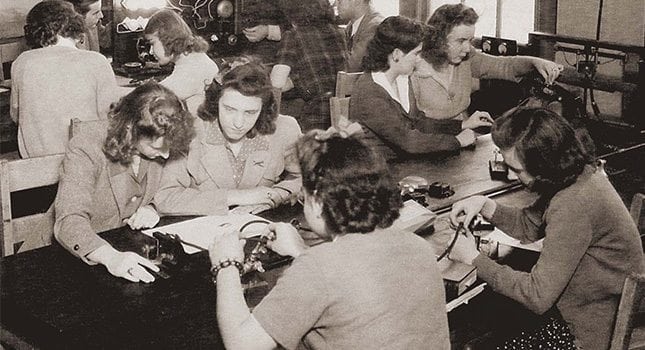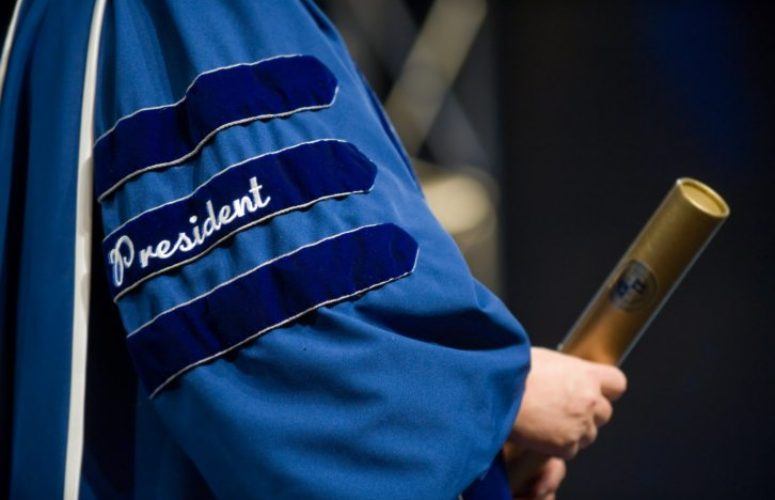
Thomas Edison State University Selected to Participate in EQUIP Program
On Aug 17, 2016Thomas Edison State University is one of eight institutions of higher education that has been selected by the U.S. Department of Education as a site for an experimental federal pilot program aimed at promoting, expanding and measuring college access, affordability and student outcomes.
The Educational Quality through Innovation Partnerships (EQUIP) program is designed to allow students, particularly low-income students, to access federal student aid for the first time to enroll in programs offered by non-traditional training providers, in partnership with colleges and universities. The Education Department unveiled the program today.
“We are honored to serve as a site of the EQUIP program and work to expand access to higher education programs and support an outcomes-based quality assurance process that focuses on student learning,” said Dr. George A. Pruitt, president of Thomas Edison State University, the only New Jersey institution selected for the program.
The University is partnering with Study.com and Quality Matters as a site for the EQUIP program, which will evaluate the effectiveness of granting title IV student aid flexibility to partnerships between innovative post-secondary institutions and non-traditional providers.
The experimental program leverages the previously established relationship between the university and Study.com, which currently offers more than 60 courses that can be accepted as credit at the university and applied to its undergraduate degree programs.
EQUIP falls under the DOE’s Experimental Sites Initiative, which allows the Education Department to provide statutory and regulatory flexibility for post-secondary institutions. Through the program, the Education Department seeks to learn about new alternative credit models and their costs and educational and employment outcomes for students, as well as explore new methods to measure quality.
“I’m thrilled that students will soon have access to these innovative programs, developed in partnership with colleges and new providers, with the help of federal financial aid,” said U.S. Under Secretary of Education Ted Mitchell. “As these innovative programs continue to develop, it will be increasingly important to understand what an outcomes-based quality assurance system looks like for such programs. I am encouraged to see that these colleges, providers, and quality assurance entities have stepped forward to provide models for doing so.”
Related Articles:





